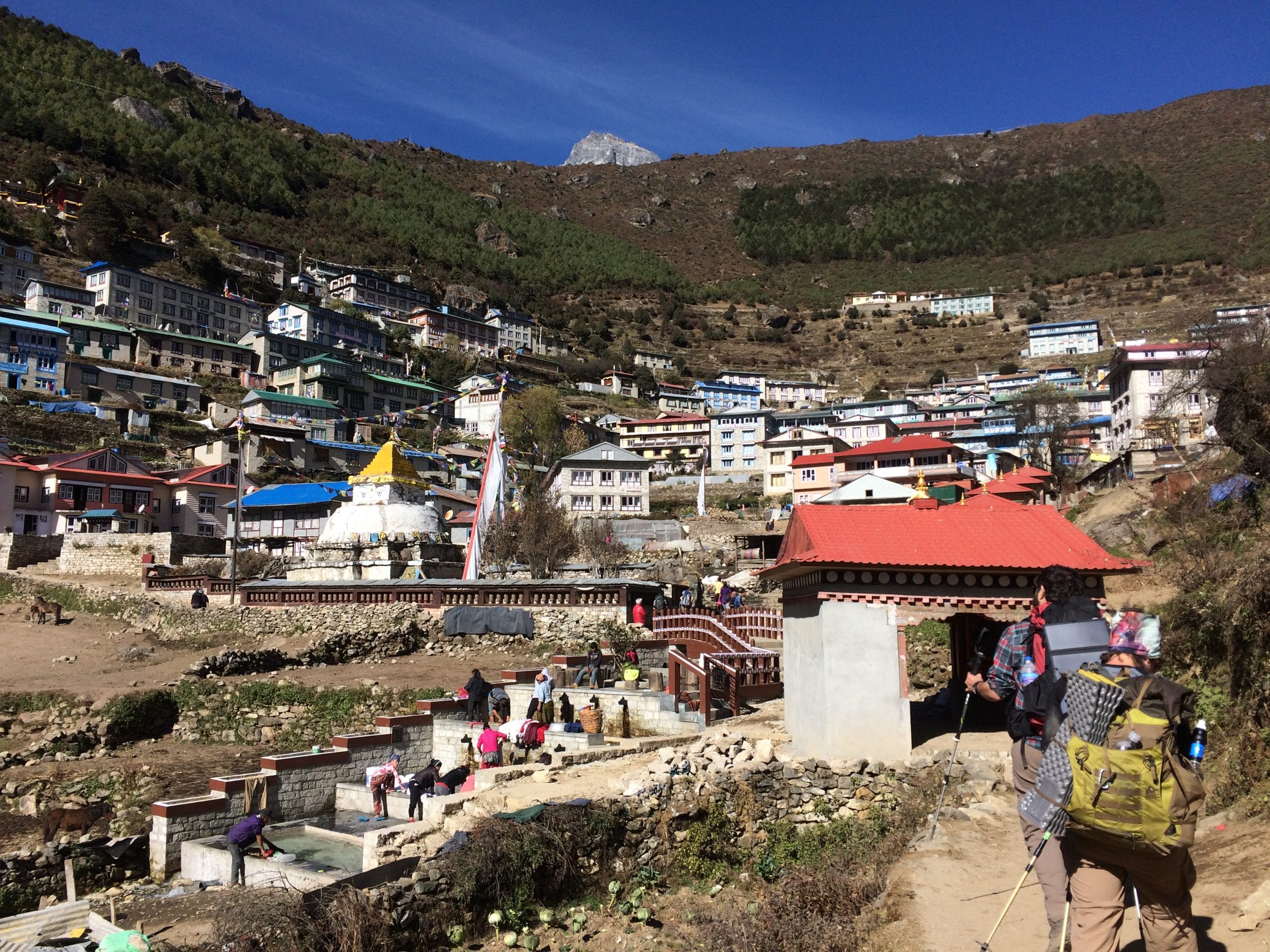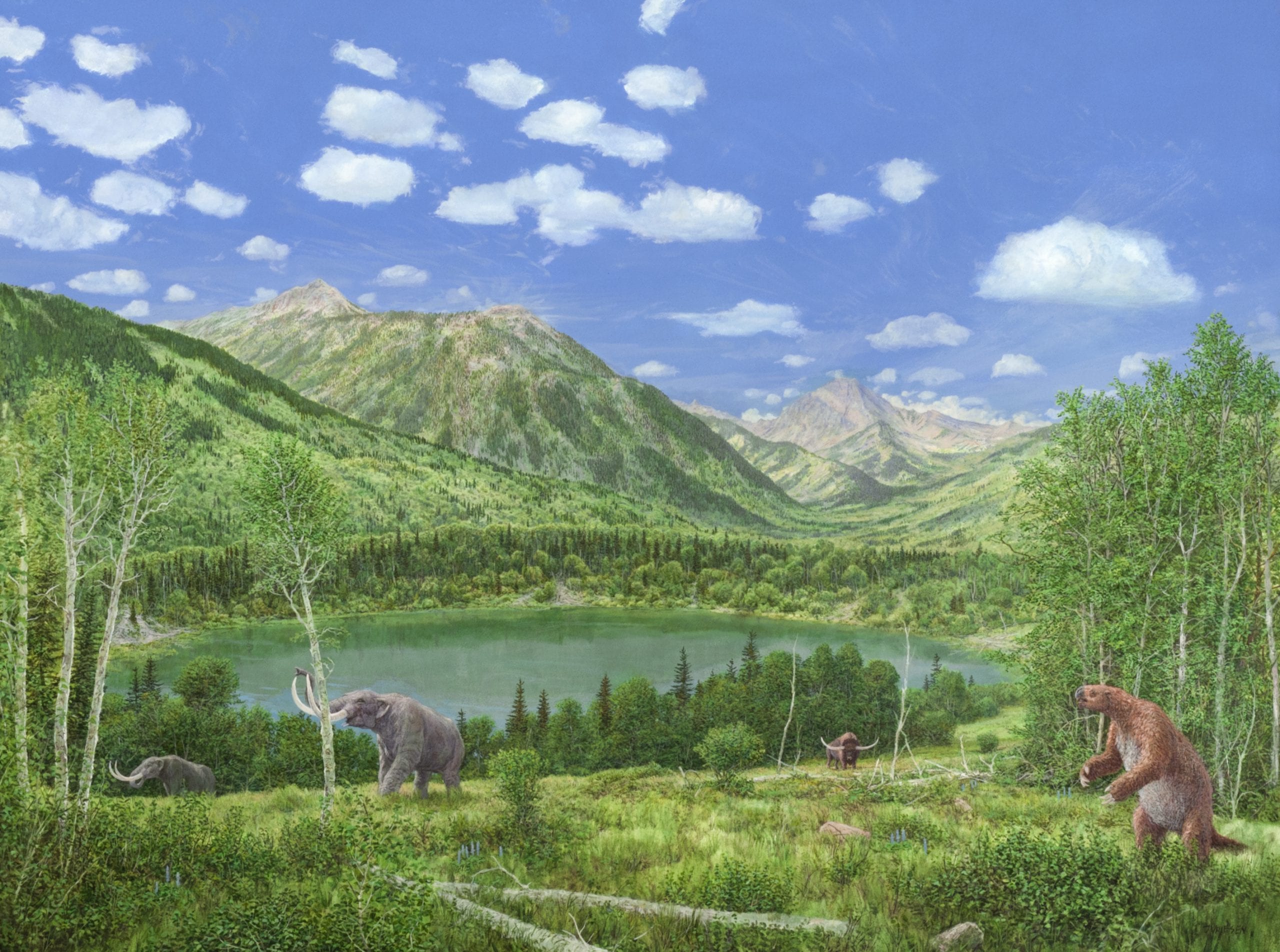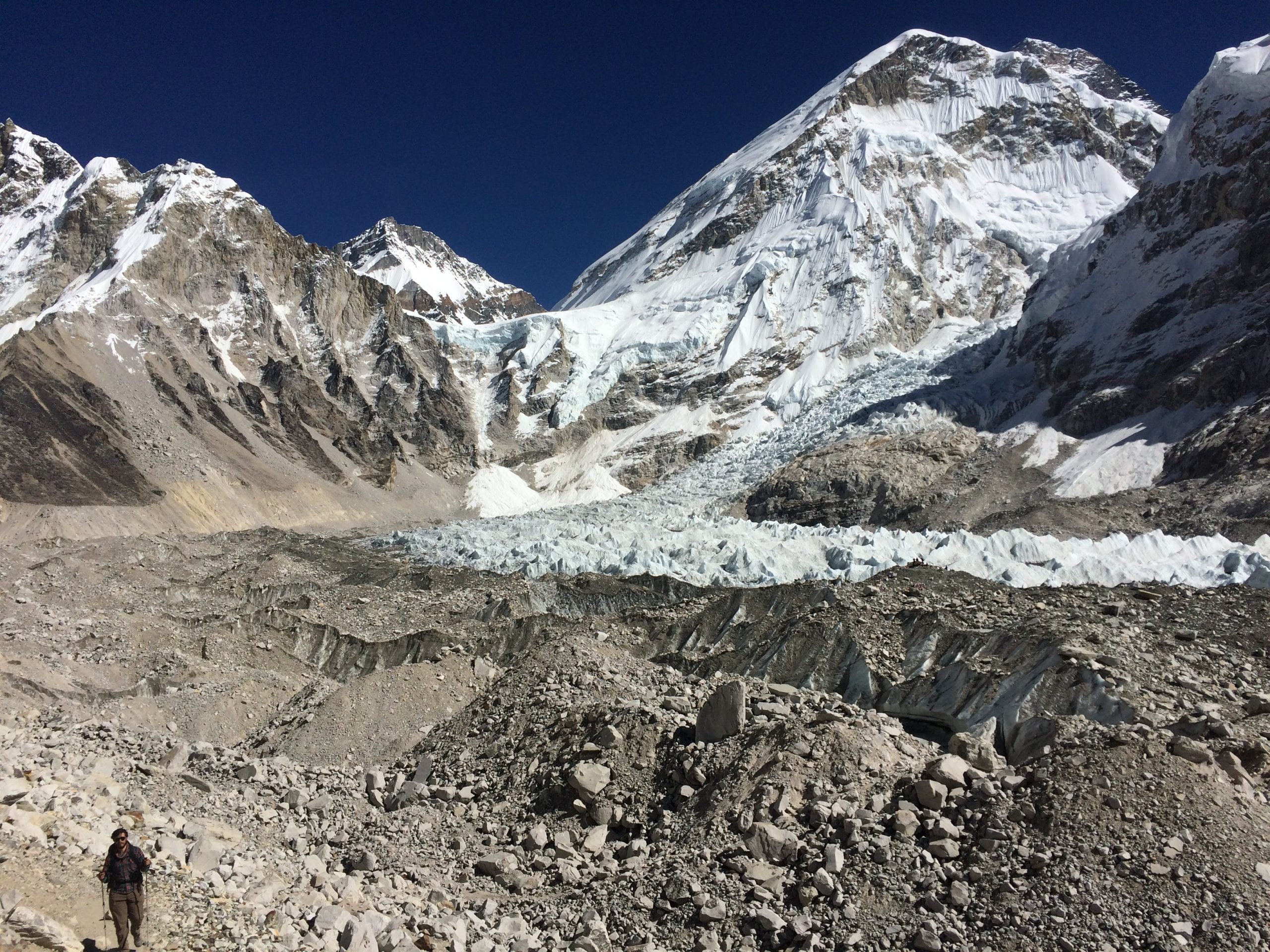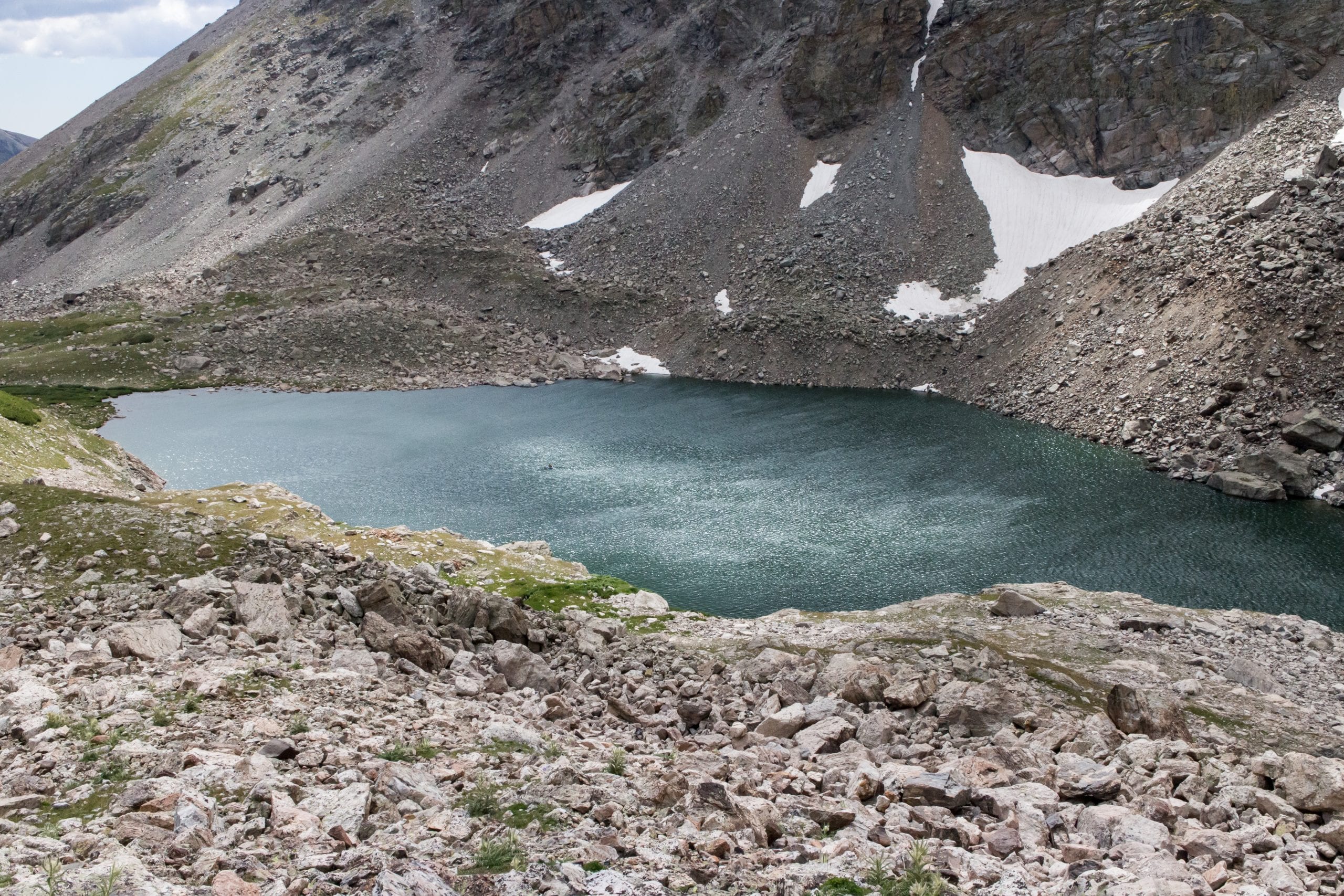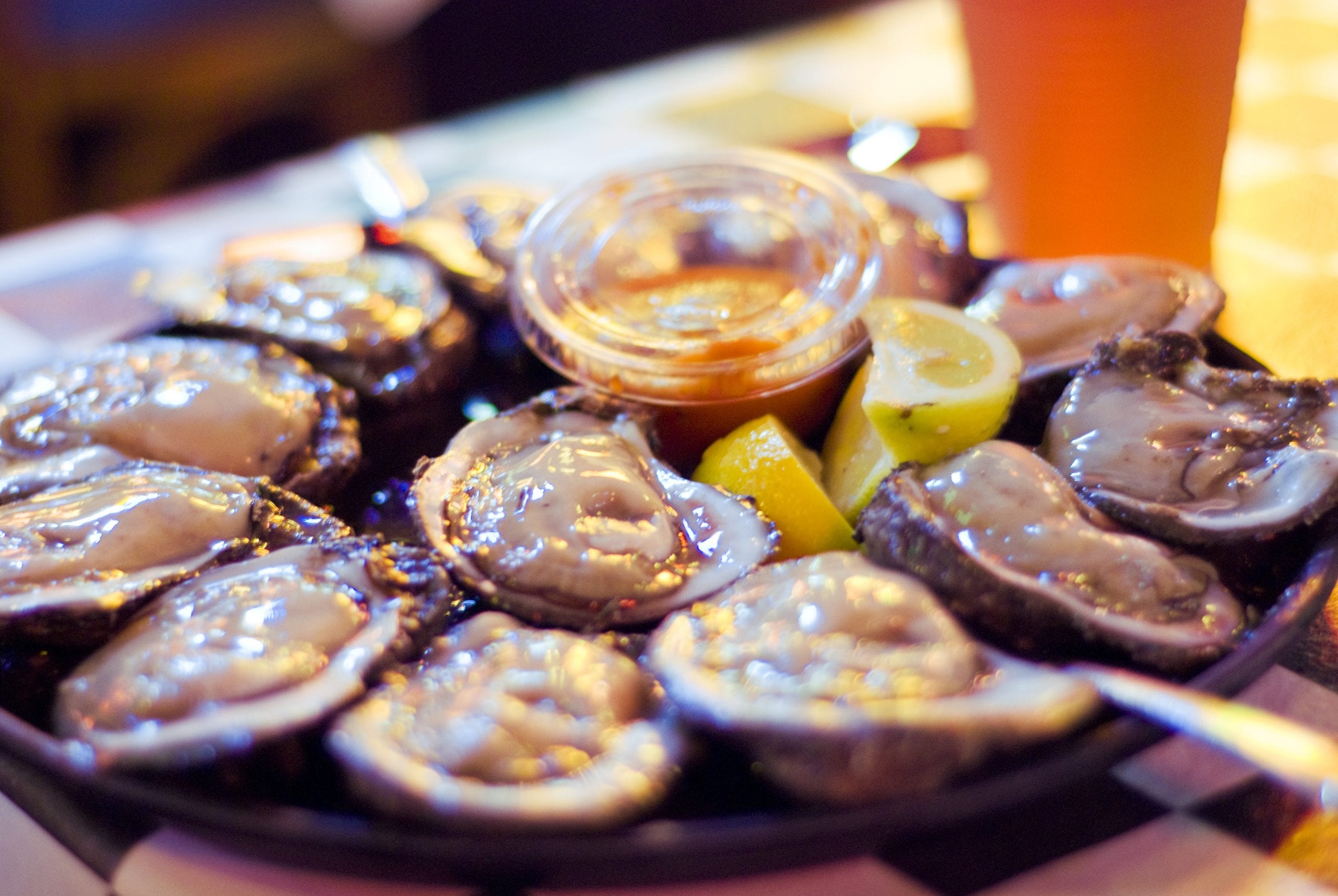
Of Perils and Pearls: The Raw Scoop on Oysters
Here is my confession: I have a weakness for raw oysters. Cooked they're tasty, but raw they're sublime. There's just something about that briny, gooey goodness (with just a hint of lemon juice and cocktail sauce, thankyouverymuch) that I can't get enough of. You may have heard the old adage that says never to eat


